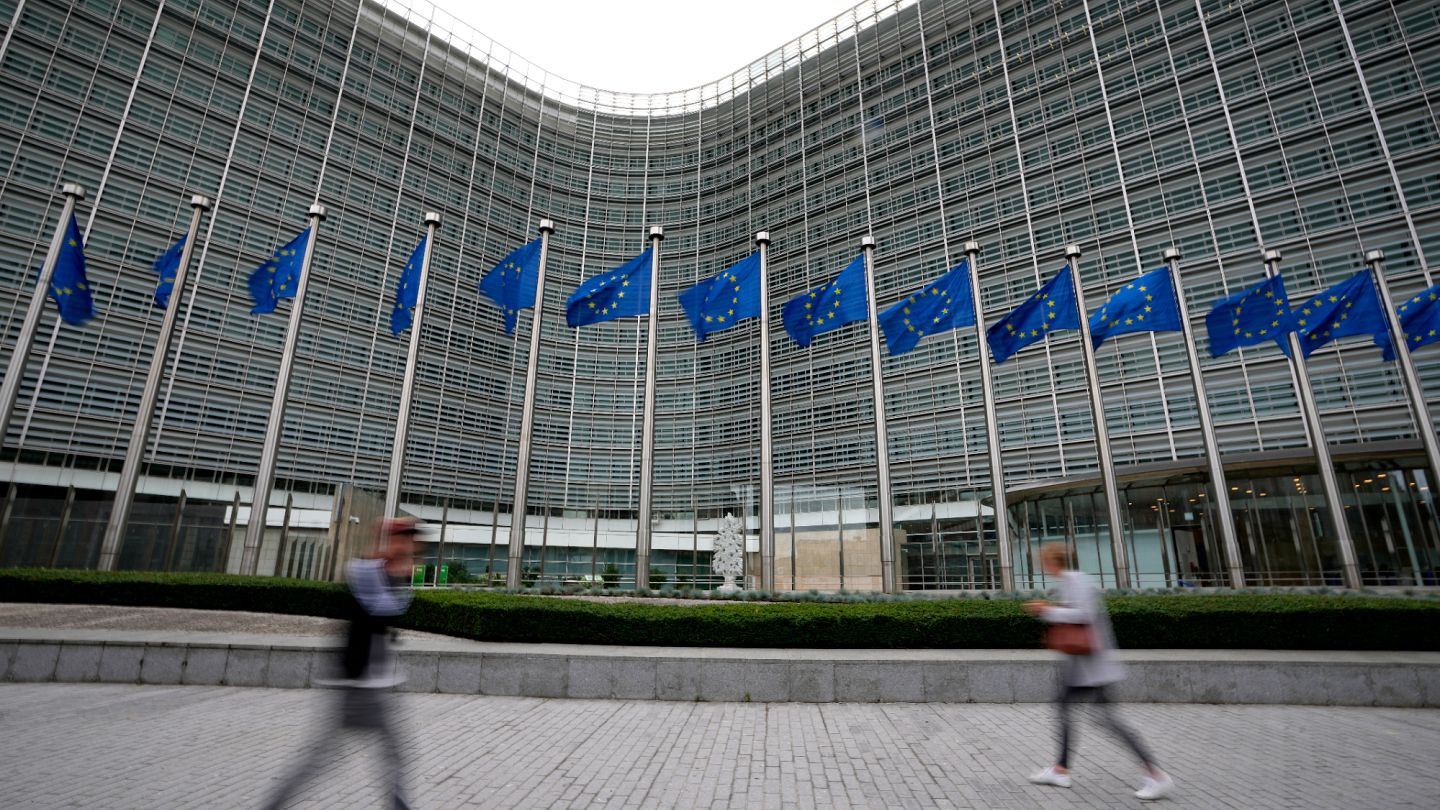The European Commission is entering a consultation process for its artificial intelligence strategy.
The Data Union Strategy is one of the moves that will contribute to the Commission's plans to make Europe a leading continent in artificial intelligence.
According to a document obtained by Euronews, the European Commission will initiate a consultation meeting this month regarding a Data Union Strategy aimed at enhancing the European Union's (EU) artificial intelligence capabilities, which is planned to be published in the last quarter of the year. The public consultation, aimed at gathering feedback on plans to facilitate data sharing between businesses and administrations, will take place from April to June, according to the April 8 document. The Data Union Strategy is one of the moves that will contribute to the Commission's plans to make Europe a leading continent in artificial intelligence. Henna Virkkunen, the EU Commission's Member responsible for Technology, stated earlier this month that the EU executive would present an 'AI Continent Action Plan' on Wednesday aimed at increasing the use of AI tools by businesses. The action plan will consist of five pillars, including infrastructure improvement, data access, cloud, increasing capacities and skills, and simplification efforts. To make the bloc a leader in artificial intelligence, the Commission announced earlier this year that it would establish more AI factories where companies can train AI models. Additionally, a law to be presented later this year aims to use investment and energy efficiency targets to assist companies in their development efforts. While the Commission plans a series of communication strategies to support the action plan, the document also pointed out some remaining 'issues,' including uncertainties regarding data flows due to global tensions and potential data shortages for GenAI companies. EU rules, including the General Data Protection Regulation (GDPR), make it difficult for developers of GenAI systems such as large language models to use personal data. Major tech companies like Google and Meta have complained in recent weeks about the strict regulatory environment in Europe, stating that it has led to delays in the rollout of AI tools.


